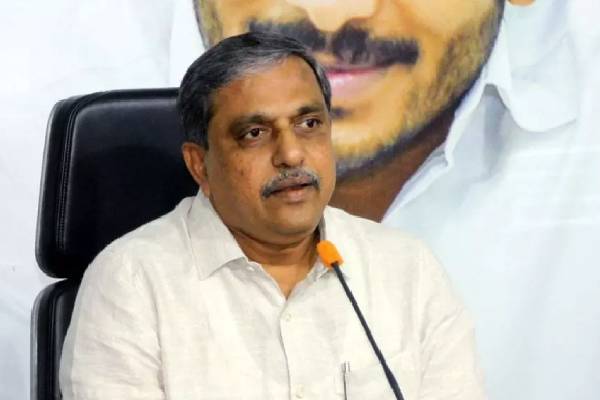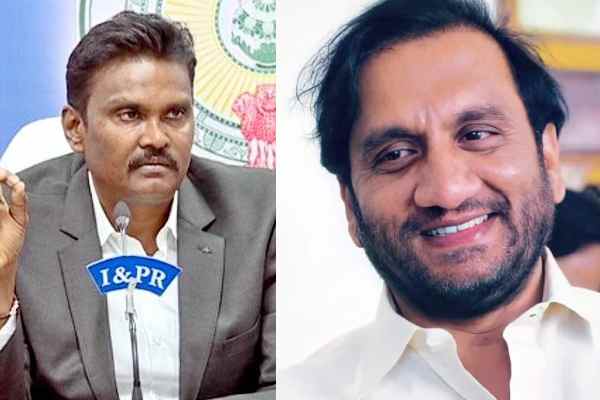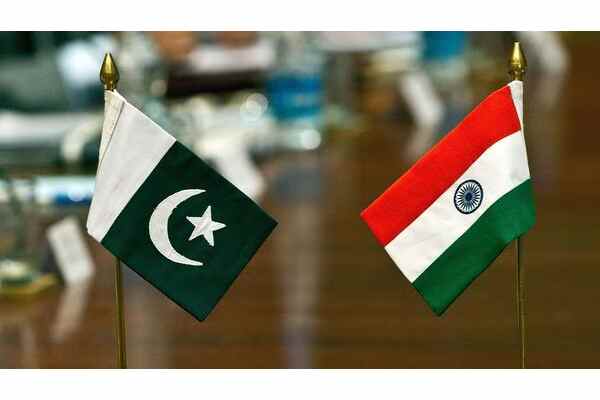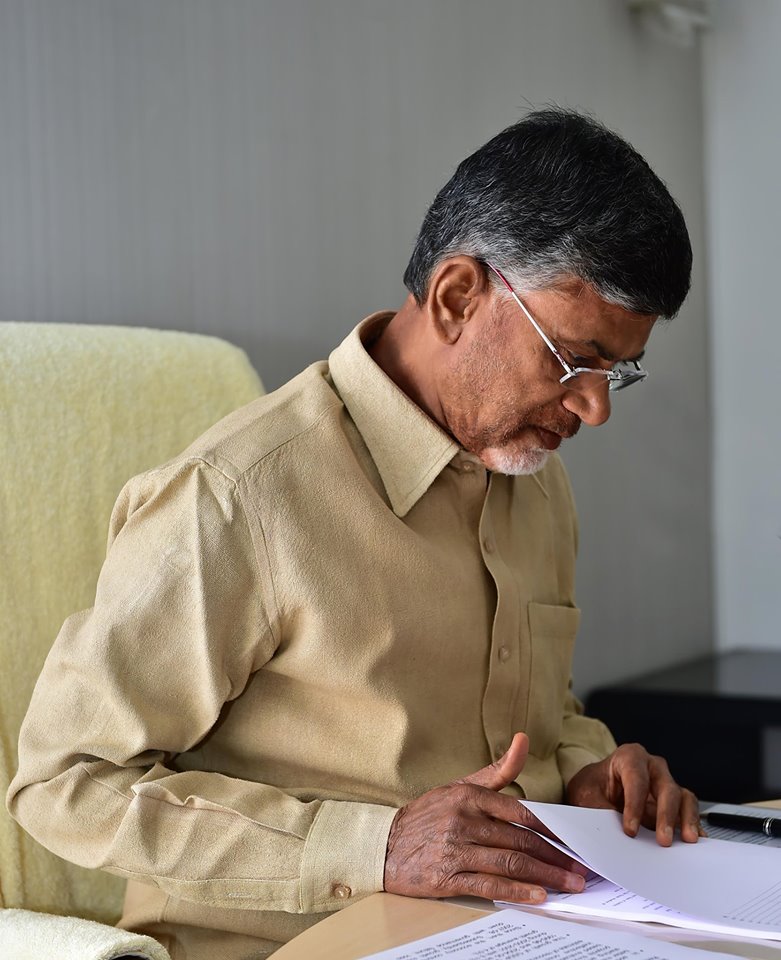Chief minister N Chandrababu Naidu is said to have barred TDP MPs and ministers from appearing on English channels because of their articulation problem.
This decision, if true, might be the fallout of “poor performance” of some ministers and TDP leaders in the debate of an English Channel, known for its unreasonable aggressiveness and urban arrogance, organized following the death of 30 devotees in the stampede occurred on the first day of pushkarlu at Rajahmundry.
The CM is said to have asked only some MPs like Galla Jayadev, who he believes are masters of English language, to appear before the English Channels and put forth effectively the point of view of TDP.
Though outwardly the decision looks innocuous, it goes against the spirit of great transformation the Telugu Desam party and the founder of party NTR heralded in the politics of erstwhile Andhra Pradesh. NTR is remembered for many firsts. one such First is the vernacularisation politics. At a time when politics were controlled by landed gentry and barristers, NTR, in tune with the times, opened flood gates to ordinary people to enter politics. His strategy to hit at the Congress was to deploy an army of leaders from weaker sections into the party. One of the reasons for enormous mass following of the TDP was that people suddenly started finding their own men, ordinarily looking men, who were part of their own crowd and community and who wandered in their colonies, villages etc were becoming leaders.
These leaders of weaker sections were bus conductors, school teachers, community workers, housewives etc and were the products of an education system where Telugu was the medium of instruction.
TDP instilled so much self-confidence among these sections that the backward classes of the state owned the party and supported it.
Even Justice Sri Krihna, in his report on the Telangana issue, acknowledged that weaker section were the backbone of Telugu Desam party.
The leaders such as Yerrannaidu, Devender Goud, Motku Narasimhulu, K E Krishnamurthy, Yanamala Ramakrishnudu, Manda Jagannadham, Kala Venkata Rao, Nimmala Kistappa, Kalava Srinivasulu, Vanga Geetha, N Siva Prasad, B Partha Sarathi are all products of TDP politics of weaker sections. All are leaders in their areas in their own right. They are not great orators in English like outstanding parliamentarians of yesteryears, who were immensely benefited by the English education and family background. But these TDP leaders speak the language of people.
So, the decision of Naidu will subject them to embarrassment and feeling of inferiority complex before the English speaking anchors, who come from upper echelons of society and known for their snobbishness and unruly behavior.
No doubt, speaking English has added advantages, but it should not be construed as a virtue. Naidu should not forget the roots of his party. Few French, German, Russian, Chinese and Japan politicians speak English. They never consider this as a handicap. It is the headache of the English journalists to have interpreters if they want sons of the soil in panel debates.
These days media debates are not conducted to elicit truth but to defeat the other point of view, to smash the other into pieces as if in duel by using many tools such as rude behavior, not giving chance to the others to speak, to promote his pre-conceived views and political ideology, and pitting a rural politicians against the urban English educated gentlemen.
Barring Telugu leaders from participating in the debates of English channels sounds a bit unreasonable.

































